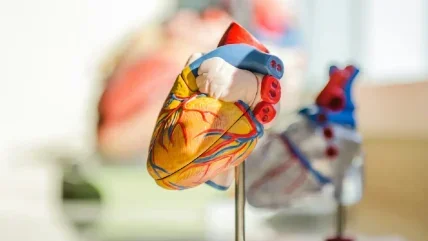
Supira Medical, a portfolio company of Shifamed, has raised $120m in a Series E financing round to advance the development of its percutaneous ventricular assist device (pVAD).
The financing round was led by Novo Holdings and Qatar Investment Authority.
Existing investors Cormorant Asset Management and The Capital Partnership also participated in the funding, alongside two undisclosed strategic investors.
Supira intends to use the funds to expand its clinical programmes for high-risk percutaneous coronary intervention (HRPCI) and cardiogenic shock (CS).
The expansion includes the SUPPORT 2 Study for HRPCI in the US, which will be pivotal for seeking FDA PMA approval.
As part of the transaction, Supira has appointed Dr Christopher Shen from Novo Holdings US as a member of its Board of Directors.
Supira Medical president and CEO Nitin Salunke said: “We are grateful for the continued confidence and support from our current investors and delighted to welcome new world-class investors to this financing consortium.
“This significant capital raise underscores the team’s tremendous progress as we look forward to exciting opportunities ahead of us to improve clinical outcomes for both HRPCI and cardiogenic shock patients.”
Supira recently completed enrolment in its US SUPPORT 1 Early Feasibility Study, involving 15 patients across four clinical sites.
The study assessed the safety and feasibility of Supira’s pVAD in HRPCI patients.
pVADs are crucial for supporting cardiovascular function in patients with complex coronary anatomy and compromised haemodynamics.
The system is investigational and is not yet approved for sale in the US or other countries.
Piper Sandler served as the exclusive financial advisor, and Sidley Austin as legal counsel to Supira, on this transaction.
Shen said: “We believe there is a massive unmet need for next-generation ventricular support devices to promote myocardial recovery and improve peripheral organ perfusion in HRPCI and CS patients.
“The Supira team has built a strong clinical foundation to further validate their advanced low-profile, high flow technology platform in two important segments of interventional heart failure, and we are pleased with their excellent progress bringing this therapy closer to market.”






